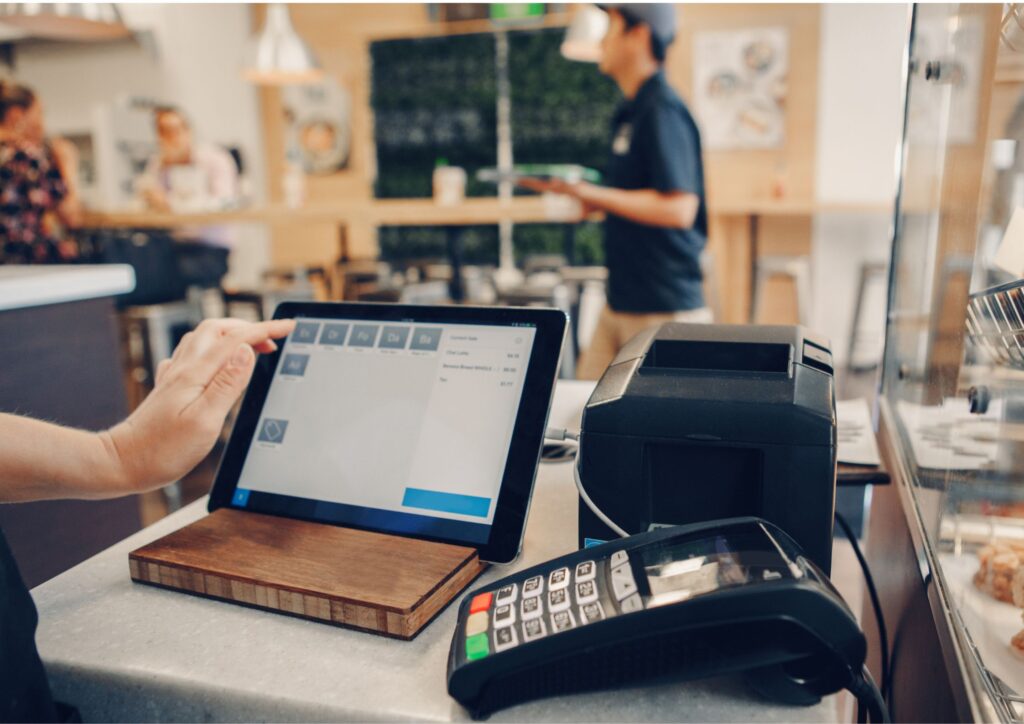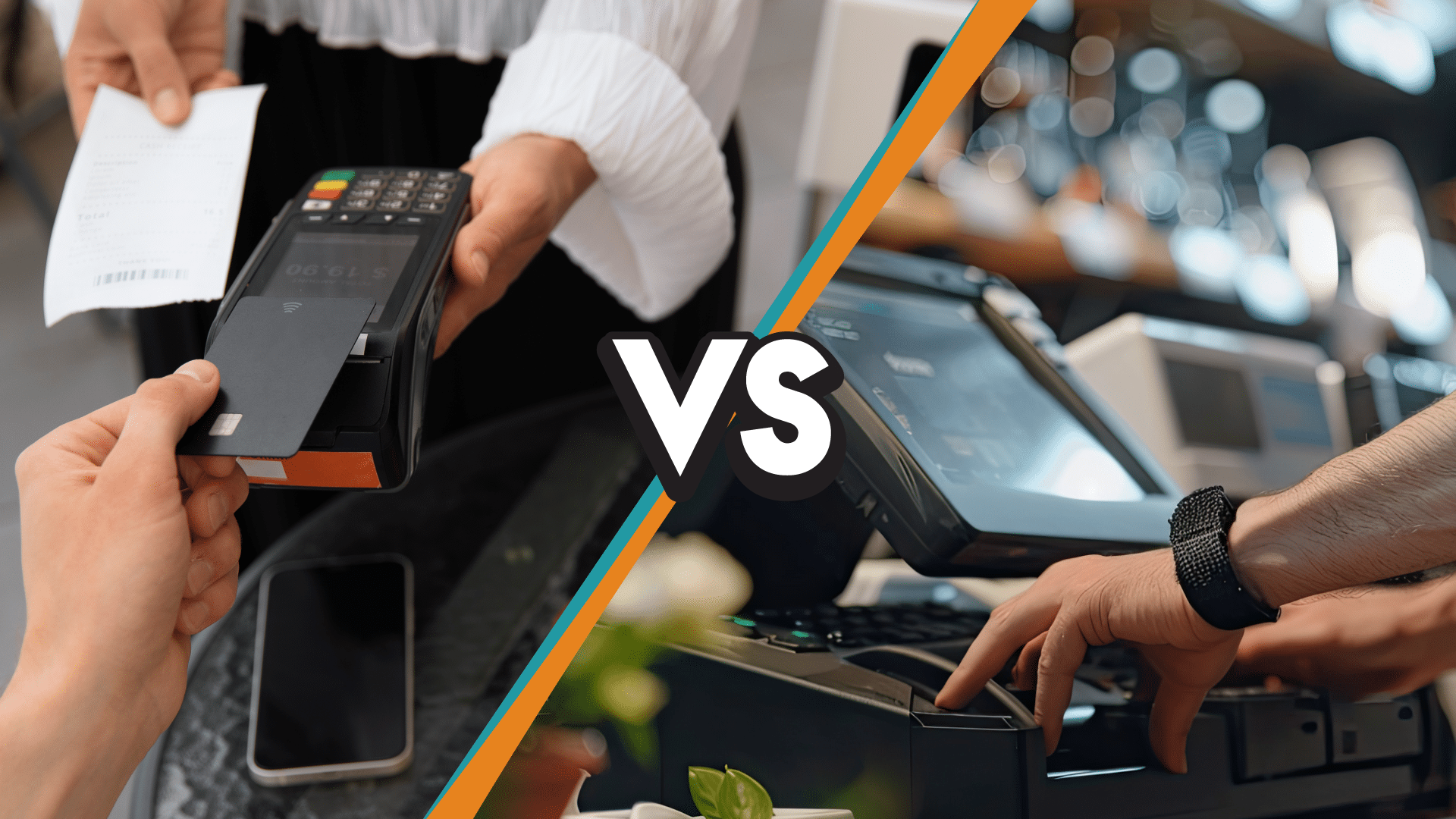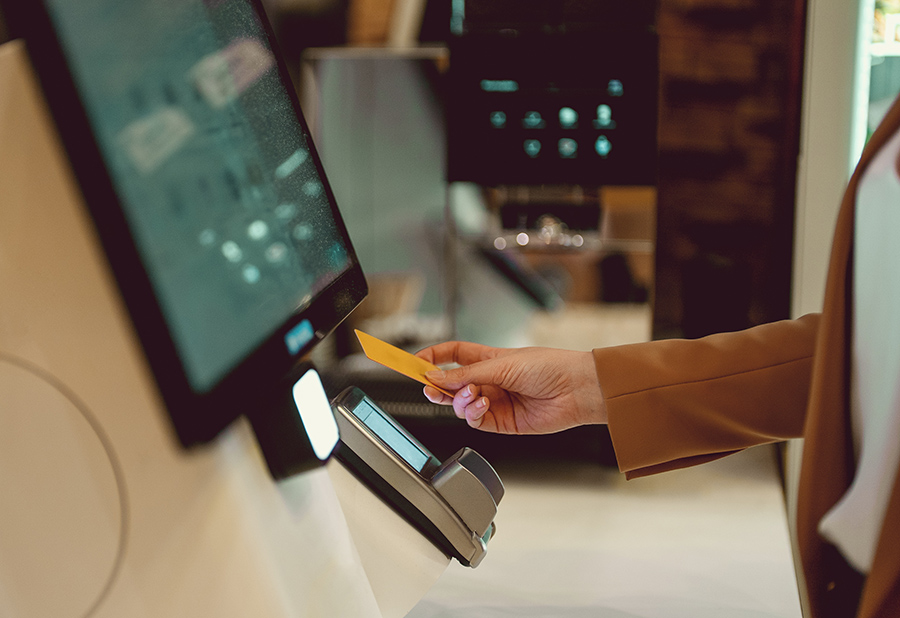Understanding the Role of POS in Modern Hospitality Management

In the fast-paced world of hospitality, efficiency, accuracy, and customer satisfaction are key drivers of success. From bustling restaurants and trendy cafes to luxurious hotels and resorts, businesses in the hospitality sector rely heavily on technology to streamline operations and enhance guest experiences. Among the most transformative tools in this industry is the Point of Sale (POS) system. Far from being just a cash register, modern POS systems have evolved into comprehensive management solutions that touch almost every aspect of hospitality operations.
The Evolution of POS Systems
Traditionally, POS systems were simple tools used to record sales and manage cash transactions. However, with advancements in technology, they have become powerful platforms that integrate multiple business functions. Today’s cloud-based POS solutions offer a centralized system that connects sales, inventory, customer data, employee management, and analytics—all accessible from any device with an internet connection.
In hospitality, where speed, accuracy, and customer experience are crucial, this evolution has been a game changer. Modern POS systems allow businesses to automate processes, reduce errors, and make data-driven decisions, leading to higher efficiency and profitability.
Streamlining Front-of-House Operations
A major role of POS in hospitality is optimizing front-of-house operations. For restaurants, cafes, and bars, the POS system is the central hub for taking and processing orders. Staff can quickly input orders that are instantly relayed to the kitchen or bar, minimizing communication errors and improving order accuracy.
Advanced POS systems also support tableside ordering via handheld devices, allowing servers to take orders and process payments directly at the customer’s table. This not only speeds up service but also enhances the overall dining experience. Additionally, features such as split billing, loyalty program integration, and mobile payment options provide convenience for guests, boosting satisfaction and repeat visits.
Enhancing Back-of-House Efficiency
Behind the scenes, POS systems play an equally vital role. They assist in inventory management by automatically updating stock levels with every sale. This helps prevent overstocking or running out of key ingredients during busy periods. Many POS systems can also generate reports that highlight best-selling items and slow movers, helping managers make smarter purchasing decisions.
Moreover, integration with kitchen display systems (KDS) ensures that orders are transmitted seamlessly from servers to chefs, reducing delays and miscommunication. This synchronization between front and back operations creates a smoother workflow and minimizes human errors—critical factors in maintaining high service standards.
Empowering Data-Driven Decisions
One of the greatest advantages of modern POS systems is their ability to collect and analyze data. They generate detailed reports on sales trends, peak hours, employee performance, and customer preferences. With these insights, hospitality managers can make informed decisions—whether it’s adjusting menus, scheduling staff, or launching targeted marketing campaigns.
For example, data showing a surge in brunch orders might lead a restaurant to expand its morning menu or adjust staffing accordingly. Similarly, a hotel’s POS data can reveal the most popular room service items, guiding future promotional strategies.
Elevating the Guest Experience
Ultimately, the role of POS in hospitality management revolves around enhancing the guest experience. Modern guests expect speed, personalization, and convenience—and an advanced POS system helps deliver all three. By integrating customer relationship management (CRM) tools, businesses can track guest preferences, purchase history, and feedback. This enables staff to offer personalized recommendations and promotions, fostering loyalty and repeat business.
Conclusion
In today’s competitive hospitality landscape, adopting a robust POS system is no longer optional—it’s essential. Beyond handling transactions, it serves as the operational backbone that unites sales, inventory, customer management, and analytics into one cohesive platform. By improving efficiency, reducing errors, and providing actionable insights, modern POS systems empower hospitality businesses to deliver exceptional service and stay ahead in a rapidly evolving industry.






